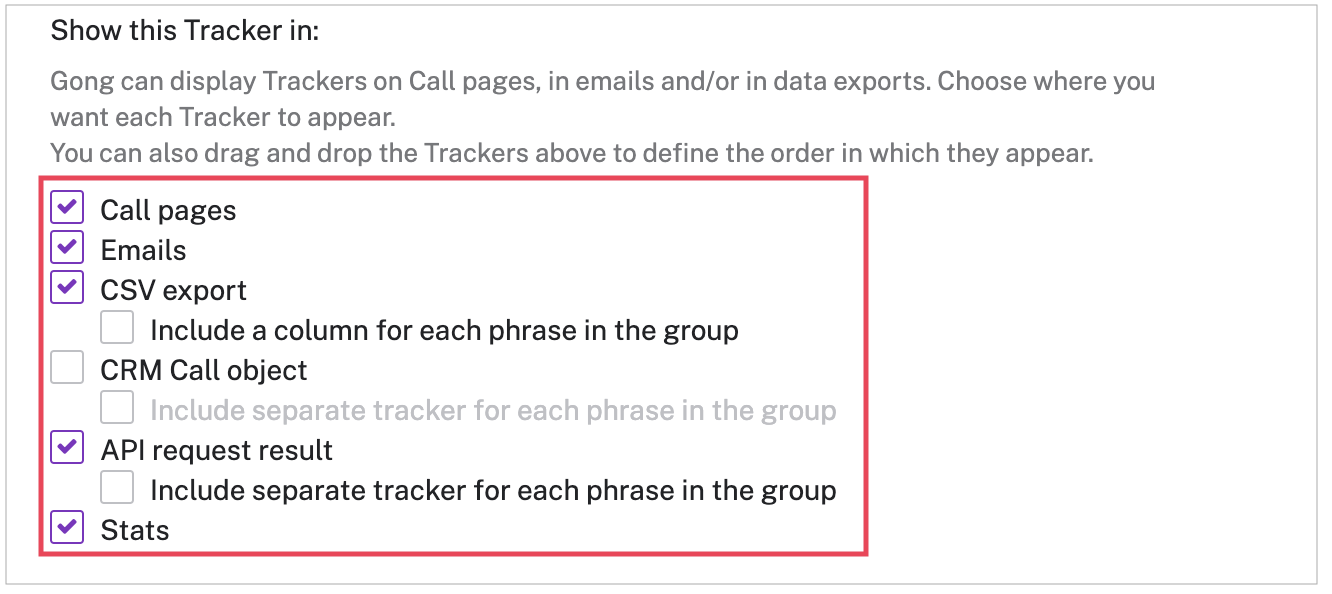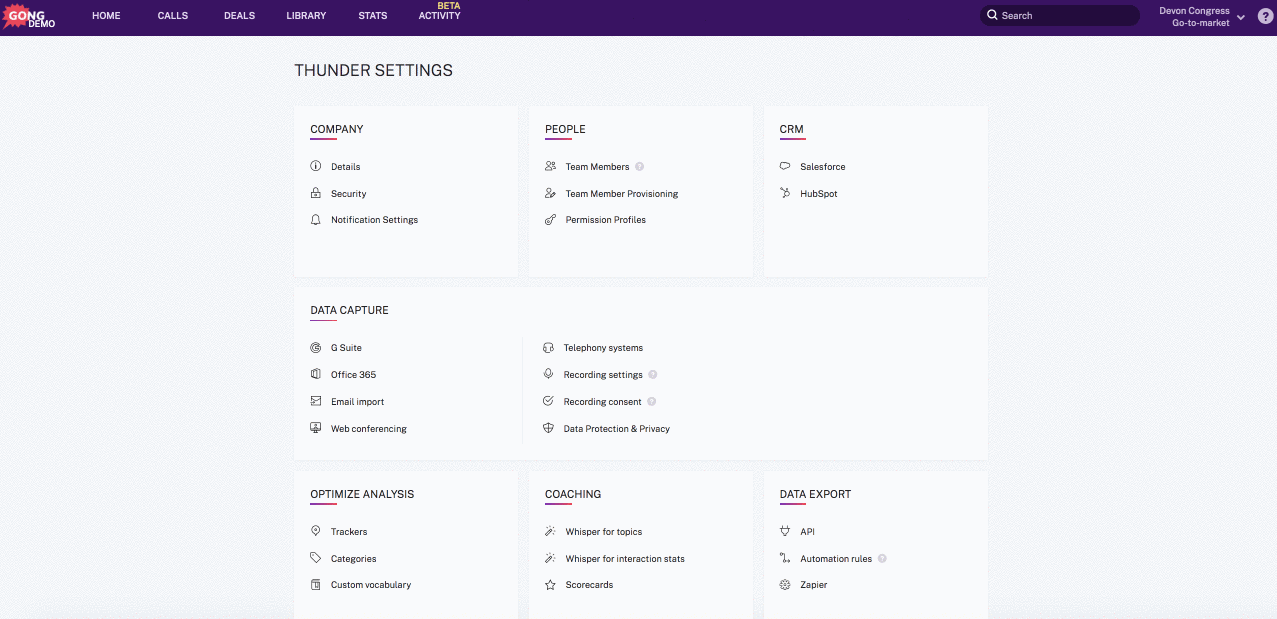Mastering Keyword Trackers: The Ultimate Guide To Boosting Your SEO Performance
In today's competitive digital landscape, keyword trackers play a crucial role in helping businesses and content creators optimize their online presence. These powerful tools allow you to monitor the performance of your chosen keywords, providing valuable insights into search engine rankings, traffic, and competition. By understanding how keyword trackers work, you can make informed decisions to enhance your SEO strategy.
As search engines continue to evolve, staying ahead of the curve has become more important than ever. Keyword tracking tools provide the necessary data to help you identify trends, opportunities, and potential issues that could affect your website's visibility. With the right approach, these tools can significantly improve your search engine rankings and drive more organic traffic to your site.
In this comprehensive guide, we will explore the world of keyword trackers, discussing their importance, functionality, and best practices. By the end of this article, you will have a solid understanding of how to leverage keyword tracking to achieve your digital marketing goals and stay competitive in your industry.
Read also:Steinbrenner Net Worth A Comprehensive Look At The Wealth Of The Yankees Iconic Owner
Table of Contents
- Why Keyword Trackers Are Important for SEO
- How Keyword Trackers Work
- Types of Keyword Tracking Tools
- Choosing the Right Keyword Tracker
- Key Features to Look for in Keyword Trackers
- Benefits of Using Keyword Trackers
- Best Practices for Using Keyword Trackers
- Common Challenges in Keyword Tracking
- Real-World Case Studies of Successful Keyword Tracking
- The Future of Keyword Tracking
Why Keyword Trackers Are Important for SEO
Keyword trackers have become an essential component of any successful SEO strategy. They allow you to monitor the performance of your target keywords across various search engines, providing valuable insights into your website's visibility and ranking position. By tracking keywords, you can identify which terms are driving traffic to your site and which ones need improvement.
According to a study by Ahrefs, websites that consistently track their keyword performance tend to rank higher and receive more organic traffic than those that do not. This highlights the importance of incorporating keyword tracking into your overall SEO plan. Additionally, keyword trackers enable you to stay informed about your competitors' strategies, helping you adjust your approach accordingly.
Understanding the Role of Keyword Trackers in SEO
Keyword trackers serve multiple purposes in the realm of SEO. They help you:
- Monitor keyword rankings over time
- Identify high-performing keywords and optimize content accordingly
- Track competitor performance and adjust strategies
- Measure the impact of SEO campaigns on organic traffic
By leveraging these capabilities, businesses can refine their SEO efforts and achieve better results.
How Keyword Trackers Work
Keyword tracking tools operate by collecting data from search engines and analyzing it to provide insights into keyword performance. These tools use algorithms to simulate search queries and gather information on rankings, traffic, and other relevant metrics. The data is then presented in an easy-to-understand format, allowing users to make informed decisions about their SEO strategies.
Key Components of Keyword Tracking
Most keyword trackers include the following components:
Read also:Simon Helberg Height In Cm The Comprehensive Guide To The Actors Life And Career
- Rank monitoring: Tracks the position of your keywords in search engine results pages (SERPs)
- Traffic estimation: Provides insights into the potential traffic generated by each keyword
- Competitor analysis: Offers information on competitors' rankings and strategies
- Historical data: Allows you to review past performance and identify trends
These features work together to give you a comprehensive view of your keyword performance and help you optimize your SEO efforts.
Types of Keyword Tracking Tools
There are several types of keyword tracking tools available, each with its own set of features and capabilities. Some popular options include:
- Google Search Console: A free tool provided by Google that offers insights into keyword performance and website traffic
- Semrush: A comprehensive SEO platform that includes keyword tracking, competitor analysis, and content optimization tools
- Ahrefs: A powerful tool for tracking keyword rankings, analyzing backlinks, and monitoring competitors
- Moz Pro: An all-in-one SEO solution that provides keyword tracking, site audits, and rank tracking
Choosing the right tool depends on your specific needs and budget. It's important to evaluate each option carefully to ensure it meets your requirements.
Choosing the Right Keyword Tracker
When selecting a keyword tracking tool, consider the following factors:
- Features: Ensure the tool offers the functionalities you need, such as rank tracking, traffic estimation, and competitor analysis
- Accuracy: Look for tools that provide reliable and up-to-date data
- User-friendliness: Choose a tool with an intuitive interface that makes it easy to analyze and interpret data
- Integration: Consider tools that integrate with other SEO platforms and tools you already use
- Cost: Evaluate the pricing structure to ensure it aligns with your budget
By carefully considering these factors, you can find a keyword tracker that best suits your needs and helps you achieve your SEO goals.
Key Features to Look for in Keyword Trackers
When evaluating keyword tracking tools, look for the following key features:
- Rank monitoring: The ability to track keyword rankings across multiple search engines and locations
- Traffic estimation: Insights into the potential traffic generated by each keyword
- Competitor analysis: Tools to monitor competitors' rankings and strategies
- Historical data: Access to past performance data to identify trends and patterns
- Customizable dashboards: The ability to create personalized dashboards to monitor specific metrics
These features will help you gain a deeper understanding of your keyword performance and make data-driven decisions.
Benefits of Using Keyword Trackers
Using keyword trackers offers several benefits, including:
- Improved SEO performance: By monitoring keyword rankings and traffic, you can optimize your content and achieve better search engine rankings
- Increased visibility: Keyword trackers help you identify high-performing keywords that can boost your website's visibility
- Competitive advantage: By tracking competitors' strategies, you can adjust your approach and stay ahead in your industry
- Data-driven decision-making: Access to accurate and up-to-date data enables you to make informed decisions about your SEO strategy
These advantages make keyword tracking an essential component of any successful SEO campaign.
Best Practices for Using Keyword Trackers
To get the most out of your keyword tracking efforts, follow these best practices:
- Set clear goals: Define what you want to achieve with your keyword tracking and align your efforts accordingly
- Monitor regularly: Consistently track your keywords to identify trends and make timely adjustments
- Focus on long-tail keywords: Incorporate long-tail keywords into your strategy to target niche audiences and reduce competition
- Optimize content: Use the insights gained from keyword tracking to improve your content and enhance its performance
- Stay informed: Keep up with industry trends and updates to ensure your keyword tracking strategy remains effective
By adhering to these best practices, you can maximize the benefits of keyword tracking and achieve better SEO results.
Common Challenges in Keyword Tracking
While keyword tracking is a valuable tool, it does come with some challenges. These include:
- Data accuracy: Ensuring the data provided by keyword trackers is accurate and up-to-date
- Rank fluctuations: Understanding and addressing natural rank fluctuations caused by search engine algorithms
- Competitor analysis: Gaining meaningful insights into competitors' strategies without over-relying on assumptions
- Resource allocation: Balancing the time and effort required for keyword tracking with other SEO activities
By being aware of these challenges, you can develop strategies to overcome them and make the most of your keyword tracking efforts.
Real-World Case Studies of Successful Keyword Tracking
Several businesses have achieved significant success through effective keyword tracking. For example:
- Company A increased its organic traffic by 50% after implementing a comprehensive keyword tracking strategy that focused on long-tail keywords and competitor analysis
- Company B improved its search engine rankings by regularly monitoring its keyword performance and optimizing its content accordingly
- Company C gained a competitive edge by using keyword tracking to identify gaps in its competitors' strategies and filling them with targeted content
These case studies demonstrate the tangible benefits of incorporating keyword tracking into your SEO strategy.
The Future of Keyword Tracking
As search engine algorithms continue to evolve, the future of keyword tracking looks promising. Emerging technologies such as artificial intelligence and machine learning are expected to enhance the accuracy and efficiency of keyword tracking tools. Additionally, advancements in data visualization and analytics will provide deeper insights into keyword performance and help businesses make more informed decisions.
In conclusion, keyword trackers are indispensable tools for anyone looking to improve their SEO performance and stay competitive in today's digital landscape. By understanding how these tools work and implementing best practices, you can achieve better search engine rankings, increase organic traffic, and gain a competitive edge in your industry. Don't forget to regularly review your keyword tracking strategy and adapt it to changing market conditions.
We encourage you to put these insights into action by starting your own keyword tracking journey. Share your experiences and results in the comments below, and feel free to explore other articles on our site for more tips and strategies to boost your SEO success.

